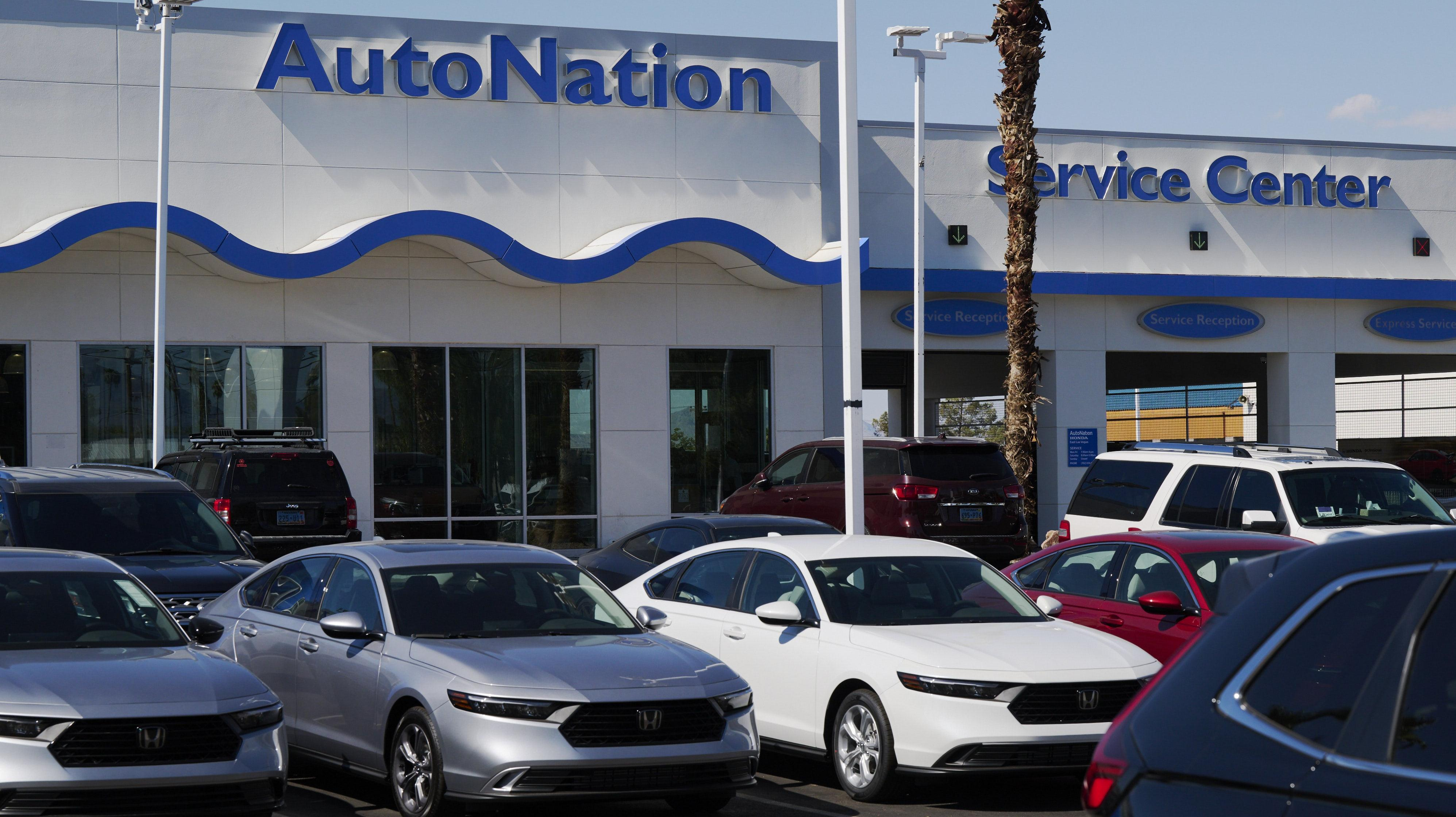U.S. Car Loan Debt Hits Record High Of $1.56 Trillion
More that 100 million Americans have some form of a car loan.
The numbers are all historic; monthly car payments and car loan debt are the highest they've ever been and auto delinquencies are higher than pre-COVID times.
Doesn't quite seem sustainable, does it? The U.S. reached $1.56 trillion in outstanding auto debt this week — a new high, according to CNBC. This crippling debt is the culmination of multiple factors, including inflation, rising interest rates, a still-mending supply chain, and the growth in size, complexity and price of new cars.
The new average monthly payment for a new car is $725 and a used car, on average, is running for $516 a month. And if you think that's expensive, monthly payments exceeding $1,000 a month are becoming more and more common. As you might of guess, delinquency on car loans is also creeping up, according to CNN, though they aren't quite historic yet:
The rate of new auto loan delinquencies is also on the rise, hitting 7.3% in the second quarter, compared with 6.9% in the first quarter. That's also above pre-Covid levels.
Auto loan and credit card delinquencies remain well below Great Recession levels.
Still, the findings suggest that more consumers are struggling to keep up with high prices as they plow through savings built up over the past three years.
Moody's warns that new credit card and auto loan delinquencies will both continue "rising materially," peaking in 2024 at between 9% and 10%, compared with 7% pre-Covid.
Oh good! The 2008 crash is definitely a time I want to be using for our barometer of the country's financial health. Some economist expect this could get worse before it gets better, others think think the U.S. economy will experience a "soft landing." Seems like being an economist is a pretty easy job since they're all just guessing.
